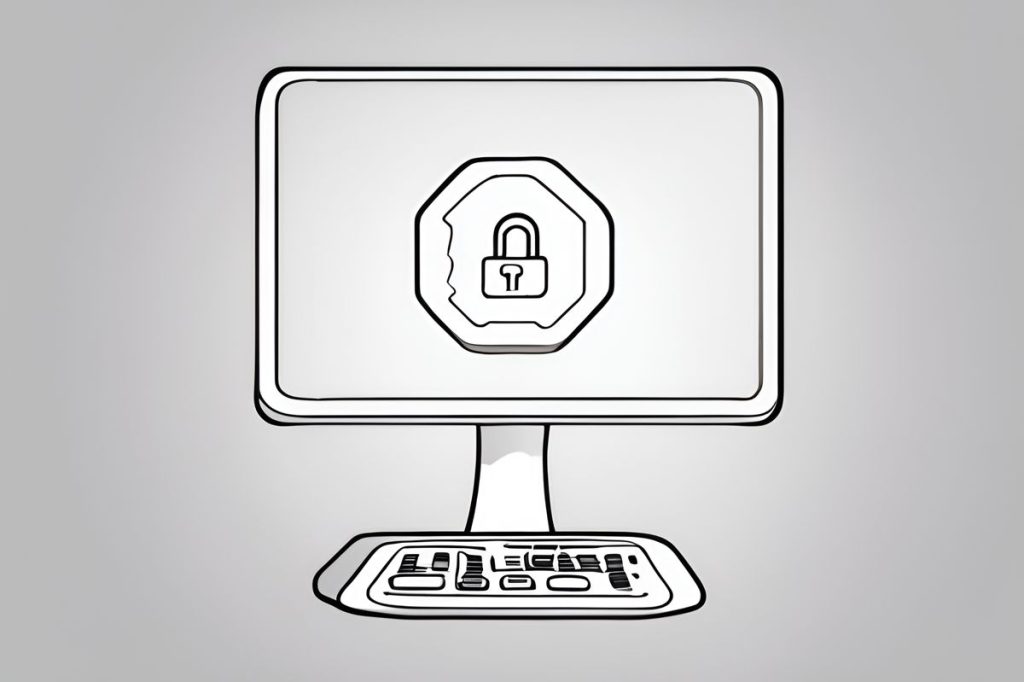The ‘Revenge Porn’ bill discussed at the House Committee aims to strengthen legal measures against the non-consensual distribution of intimate images, mandate quick removal of such content by ISPs, eliminate the need for victims to prove the perpetrator’s intent, and protect victims of deepfakes, creating a safer digital space and upholding personal dignity. The legislation, spearheaded by Akel MP Giorgos Koukoumas, seeks to provide justice for victims of digital abuse, signaling a crucial step towards inclusivity and ensuring individual control over personal images in both physical and digital realms.
What is the purpose of the new ‘Revenge Porn’ bill discussed at the House Committee?
The new ‘Revenge Porn’ bill aims to strengthen legal measures against the non-consensual distribution of intimate images. It seeks to mandate quick removal of such content by ISPs, eliminate the need for victims to prove the perpetrator’s intent, and protect victims of deepfakes. This legislation is designed to create a safer digital space, uphold personal dignity, and ensure justice for victims of digital abuse.
Legislative Measures for Digital Consent
In a significant move to address the growing concern of digital abuse, lawmakers gathered to deliberate over a new bill targeting the non-consensual distribution of intimate images. The discussion, spearheaded by Akel MP Giorgos Koukoumas, centered around creating more stringent laws to combat what’s colloquially known as revenge porn. This meeting marked the commencement of an in-depth, article-by-article analysis of the proposed legislation, signaling the start of a series of discussions to refine and advance the bill through the legal committee.
The bill’s introduction is timely, as digital exploitation through revenge porn has been recognized as an offense that carries severe moral and psychological repercussions for victims. It’s a form of violation that not only tarnishes personal dignity but can also lead to professional setbacks and deep psychological trauma.
Strengthening Legal Frameworks
Koukoumas emphasized the need for a robust legal mechanism that mandates internet service providers to take swift action in removing such offensive content from their platforms. This legislation aims to eliminate the necessity for victims to prove that the perpetrators intended to cause humiliation, a significant hurdle under the current legal standards. Perpetrators often disguise their motives by claiming the distribution of sensitive images is merely a joke.
The broad scope of the proposed law is also noteworthy, as it offers protection to victims irrespective of their gender. It addresses the issue of digitally altered images that falsely portray individuals in sexual contexts, ensuring that victims of these deepfakes receive the same level of protection and justice as those with real images leaked without consent.
Towards Inclusivity and Justice
As the discussions advance, stakeholders such as the justice ministry and the Bar Association have expressed their concurrence on the general direction of the bill. The proposed measures seek to create a safer digital space and reassure citizens that their personal rights will be fiercely protected. In an era where digital footprints are permanent, such legislative efforts are crucial in deterring violations of privacy and providing clear recourse for those affected by such transgressions.
The bill stands as a testament to the evolving recognition of digital rights and the need for laws to keep pace with technological advancements. If passed, it would send a clear message that personal boundaries must be respected, both in the physical and digital realms, and that violations will be met with serious legal consequences. The move is a stride toward safeguarding individual dignity and ensuring that everyone has the right to control how their personal images are shared and used.
What are the key points of the new ‘Revenge Porn’ bill discussed at the House Committee?
The key points of the new ‘Revenge Porn’ bill include strengthening legal measures against non-consensual distribution of intimate images, mandating quick removal of such content by ISPs, eliminating the need for victims to prove the perpetrator’s intent, and protecting victims of deepfakes. These measures aim to create a safer digital space, uphold personal dignity, and provide justice for victims of digital abuse.
Why is the ‘Revenge Porn’ bill significant in the current context?
The ‘Revenge Porn’ bill is significant in the current context as it addresses the growing concern of digital abuse, particularly the non-consensual distribution of intimate images. This form of exploitation can have severe moral and psychological repercussions for victims, tarnishing personal dignity and causing professional setbacks and psychological trauma. The legislation aims to provide robust legal frameworks to combat such offenses and ensure that victims are protected and justice is served.
How does the proposed legislation aim to protect victims of deepfakes?
The proposed legislation aims to protect victims of deepfakes by offering the same level of protection and justice as those with real images leaked without consent. It addresses the issue of digitally altered images that falsely portray individuals in sexual contexts, ensuring that victims of deepfakes are safeguarded from digital exploitation and privacy violations.
What support has the ‘Revenge Porn’ bill received from stakeholders?
Stakeholders such as the justice ministry and the Bar Association have expressed their concurrence on the general direction of the bill. The proposed measures seek to create a safer digital space, protect personal rights, and provide clear recourse for individuals affected by digital abuse. The bill represents a crucial step towards inclusivity, justice, and the protection of individual dignity in both physical and digital realms.

